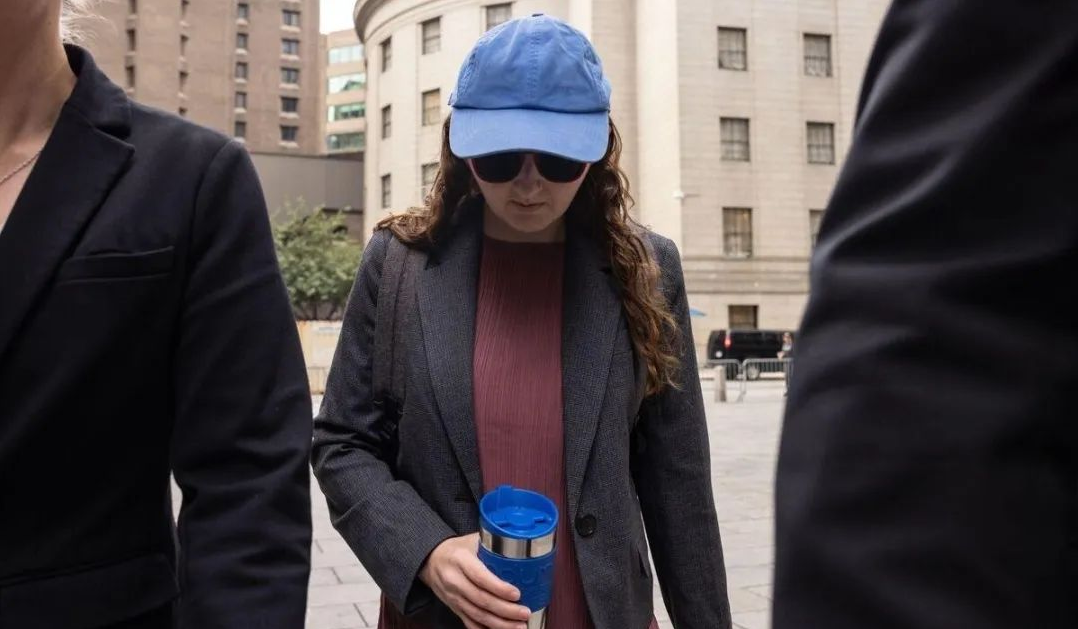When the supermarket buys rice, do you think of the "blockchain"?
Xinhua News Agency reporter Du Kang (according to Xinhua News Agency, October 30th)
Source: Sichuan Daily
In the Wal-Mart supermarket food area, a bag of five-domestic rice bags has been added with a QR code, which can be displayed by scanning with WeChat. The first is basic product information, such as specifications, manufacturers, shelf life, etc.; then traceability information, including raw material receiving time, raw material inspection report, product delivery report, delivery time, delivery time, etc., as well as origin and the whole Logistics route information.
The two-dimensional code hides the blockchain and knows the "previous life and life" of the goods.
It is not uncommon to use two-dimensional code to transmit information. The hard part is how to make this information "fidelity", and the blockchain will be useful.
- Gartner Report | Blockchain Technology Applications: These four types of blockchain business models are worthy of attention
- Vitalik Buterin said Ethereum did not roll back the deal after TheDAO incident and was criticized by netizens
- Analysis: China's support for blockchain development is actually a set of "combination punches"
What is a blockchain? As a decentralized database, the blockchain is based on a time-stamped chain block structure and a consensus mechanism of distributed nodes to make the above data traceable and tamper-proof. These features are combined with the physical industry and have a huge imagination.
“When there is no blockchain, the tracking of food depends on an intermediary or company to collect information, such as e-commerce platform. This centralized data collection method, theoretically there is the possibility of data being modified. In the chain, when the data is generated, the producers can upload various warehouse logistics information in real time, and the information cannot be tampered with,” said Feng Yikai, the person in charge of one of Wal-Mart's traceability platform technical support parties.
In addition to the supply chain, the application of the blockchain now covers financial services, credit reporting, social welfare, e-government, and medical health.
Blockchain can help with the storage, management, and sharing of medical data. Different medical institutions maintain a large number of residents' health data, drug source information, and electronic insurance policies. However, data sharing and transmission problems have always existed, resulting in poor utilization of user health medical data by medical institutions. In addition to the problem of inconsistent data formats, residents are more worried about how to ensure their privacy problems after medical data is “connected”. Who is the data to be kept? Who has access to permission?
At present, companies have saved medical data through blockchain technology. “When residents go to see a doctor, they can delegate some of the data in the medical records to the doctor. The unauthorized data is a mess in the eyes of others.” China Guo Yuhang, the head of the psychological research in the blockchain application, said. As a result, the data is not saved by a hospital or a third party, and the patient's personal privacy is guaranteed.
Blockchain application prospects
The data on the "chain" is not easy to be tampered with, but the "chain" and "under the chain" may not be fully compatible. Taking the two-dimensional code on the outer packaging of the product as an example, the two-dimensional code itself can be easily copied. Even if the blockchain technology is used, the two-dimensional code is not a guarantee.
“In the field of supply chain management, especially in the fields of traceability and logistics, the correspondence and binding of information on the chain and the chain, and the rapid retrieval of information on the chain are all points that need to be broken. Future blockchain and Internet of Things, cloud computing The integration of technologies such as artificial intelligence is a development trend." "The blockchain does not necessarily eliminate fraud, nor can it replace strict supervision. However, with the promotion and application of the blockchain, it can continuously increase the cost of fraud." Guo Yuhang said.
In terms of data privacy and sharing, industry insiders have suggested that the underlying technology of the blockchain still needs further improvement. "The information on the blockchain is encrypted. After the user authorizes, the relevant parties can crack the true meaning behind the numbers. But there may still be loopholes, and the technical risks cannot be ignored." Blockchain expert Xiao Shiyuan said.
In addition, in the data of e-government, medical, financial and other industries, it is also necessary to solve the problem of data format and data transmission.
"Technological advancement does not represent the feasibility of the business model. As more projects in the blockchain actually land, the entire industry has entered an application acceleration cycle, and related exploration will become more mature." Guo Yuhang said.
We will continue to update Blocking; if you have any questions or suggestions, please contact us!
Was this article helpful?
93 out of 132 found this helpful
Related articles
- In the past two or three years, the helm of Internet technology companies has looked at blockchains like this.
- Vitalik: A new way to implement cross-segment trading
- BTC insurance falls below the 9000 mark, risk and opportunity coexist
- Below the Reg A+ and Reg S prices, Blockstack may face further selling pressure
- Analysis: Why is Zcash, which is favored by V God, the worst performer among the three major anonymous coins?
- US lawmakers are planning to submit a new bill to clarify the issuance of digital assets
- Bitcoin privacy may be greatly improved: What are the improvement proposals for Schnorr and Taproot?





